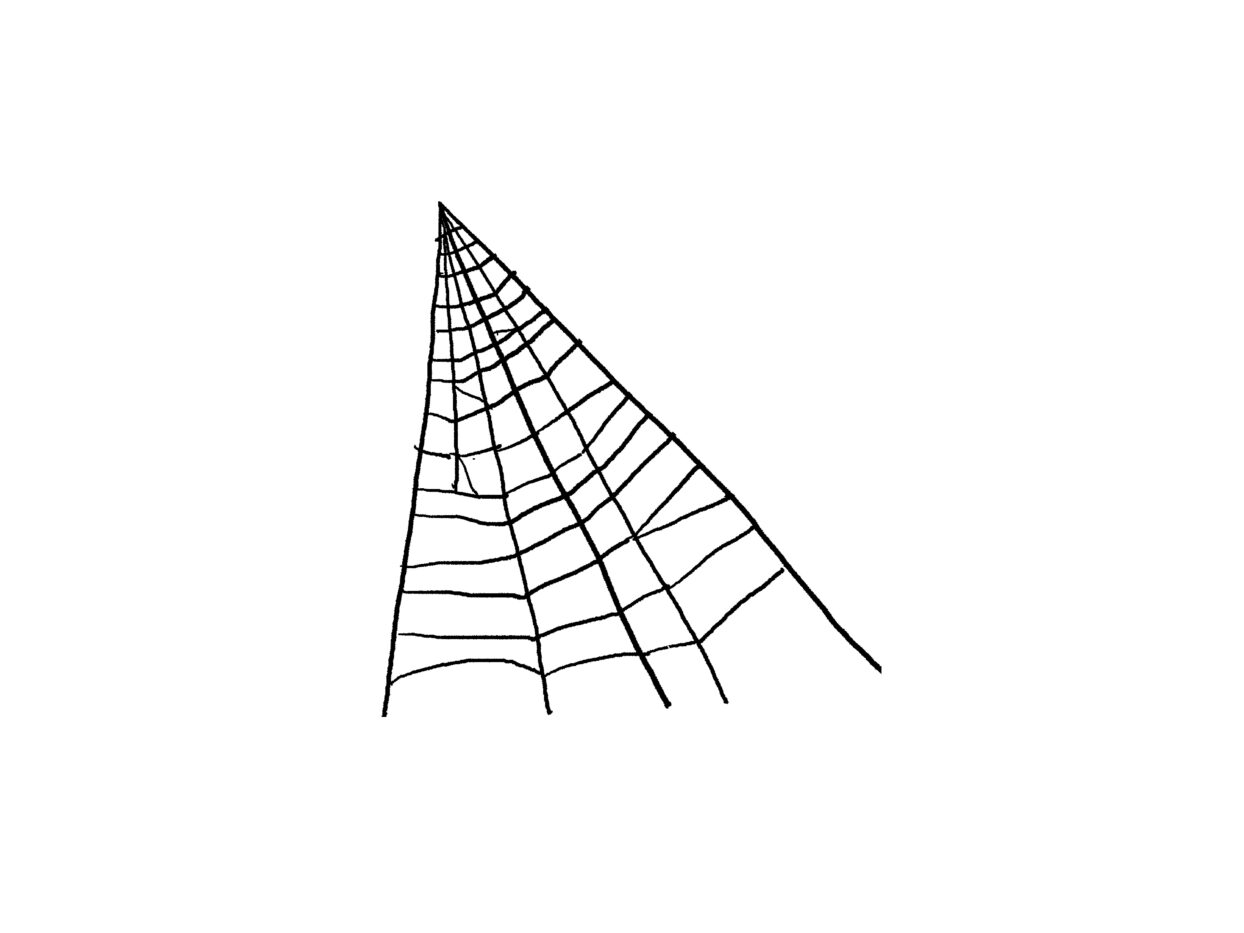
Image by Ivy Sanders Schneider

Image by Ivy Sanders Schneider
On the one hand, I think now is a fine time to despair. Reality television may have been the first nail in the coffin of conceptual art — a shock-and-cringe military strategy that destroyed the institution of consensus reality. That is, it’s always darkest before it gets really really dark. Even as the nets of social media divide us into impotent sports teams, they herd and defang our wild imagination. A new generation of intellectuals does not think of books as the foundational units of its knowledge. Novels are produced (but hardly read) as aspirational props for performative values rather than self-spelling devices of personal liberation or pleasure — and anyways are mostly seen as untimely ideas ambered in antiquated packaging. Our natural resource of attention has been mined to near extinction and fabricated into an audience for endless corporate jingles. Then again, when isn’t it a fine time to despair?
And yet. Avant-garde, experimental, innovative — all poor names for literary art that goes against the accepted and expected traditions of narrative — this kind of writing hasn’t gone anywhere. It’s just that our focus (as if by an infernal or destined magic trick) has been directed elsewhere. Where to find these acts of outrage, beauty, spirituality, profanity, or/and rebellion? Look away from the mesmerizing ubiquitous broadcast saying that your labor has to be meaningless, that you can’t decide the values to live by, that you have to join the herd to matter, that your attention must be spent just to keep up. But who can escape the sticky web?
We are at an inflection point and the curve could go up or down. It’s not looking good. The advance guard is a metaphor for those who scout out… the future? The frontier? The maw that we are about to fall into? Forms currently unfamiliar to us, which today would seem ugly or nonsensical, will emerge tomorrow as facts of beauty to render ourselves to ourselves. It’s an open question whether these become portraits of the miraculous survivors, the ones-that-didn’t-see-it-coming, or the day-to-day doomed — but, like always, they will harbor secret, perhaps divine, messages that we will choose, in continual conjunctions of destiny, to heed or not heed.
Eugene Lim is the author of the novels Fog & Car, The Strangers, Dear Cyborgs, and Search History. He works as a high school librarian, runs Ellipsis Press, and lives in Queens.